SUMMARY
This is AI generated summarization, which may have errors. For context, always refer to the full article.
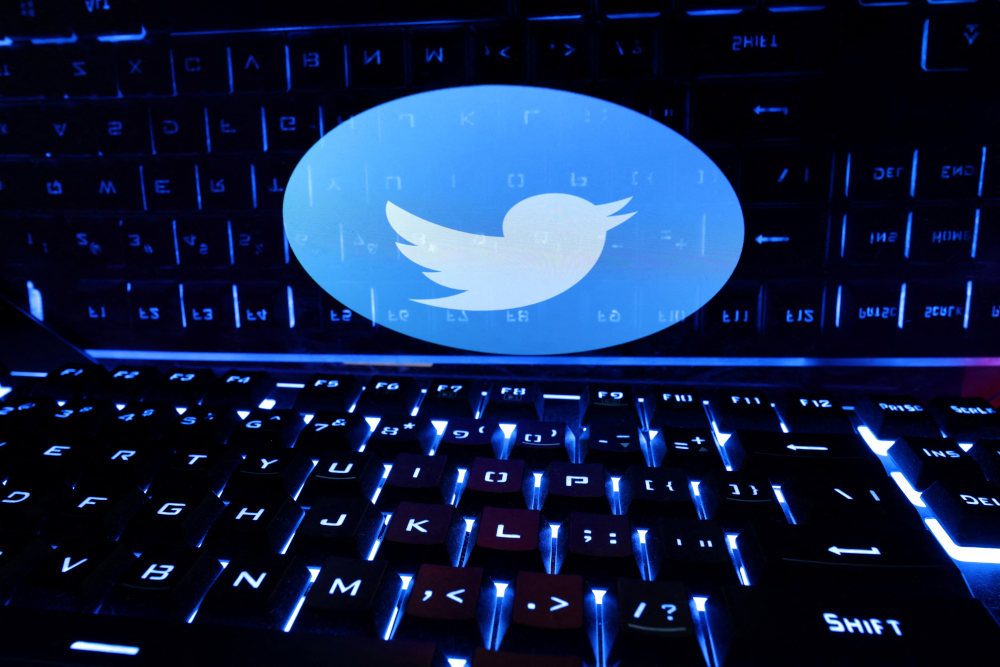
WASHINGTON, DC, USA – US Supreme Court justices expressed skepticism on Wednesday, February 22, toward a lawsuit against Twitter by the family of a Jordanian man killed in an Istanbul nightclub massacre as they weighed for a second straight day whether to hold internet companies accountable for contentious content posted by users.
American relatives of Nawras Alassaf accused Twitter of aiding and abetting the Islamic State group, which claimed responsibility for the January 1, 2017, attack that killed him and 38 others during a New Year’s celebration, by failing to police the social media platform for its accounts or posts.
The nine justices heard arguments in Twitter’s appeal after a lower court allowed the lawsuit to proceed and found that the company had refused to take “meaningful steps” to prevent the Islamic State’s use of the platform.
A ruling favoring Twitter could let the justices sidestep a decision in a case they heard on Tuesday on whether to narrow a federal law protecting internet companies from lawsuits for content posted by their users – called Section 230 of the Communications Decency Act. That case involved a lawsuit against Google LLC-owned YouTube, part of Alphabet Inc, by the family of an American woman killed in a Paris attack by Islamist militants.
Both lawsuits were brought under the Anti-Terrorism Act, a federal law that enables Americans to recover damages related to “an act of international terrorism.”
Some justices asked questions signaling doubt that Twitter’s services, available to millions of people, were sufficiently linked to the Istanbul attack – or the people responsible for it – to hold the company liable under the law.
“We all appreciate how horrible the attack was, but there’s very little linking the defendants in this complaint to those persons,” conservative Justice Neil Gorsuch said.
‘Personal interaction’
Justice Department lawyer Edwin Kneedler, arguing in favor of Twitter’s position on behalf of President Joe Biden’s administration, said a company might be liable under the statute if it engaged in “personal interaction” with the perpetrator of an unlawful act. But Kneedler said Twitter’s services were too remote from the Istanbul attack.
Conservative Justice Brett Kavanaugh raised doubts over the scope of the statute, reminding Eric Schnapper, a lawyer for Alassaf’s relatives, about CNN’s 1997 interview with the then-leader of al Qaeda leader Osama bin Laden.
“Could under your theory CNN have been sued for aiding and abetting the Sept. 11 attacks?” Kavanaugh asked, referring to the 2001 attacks on the United States in which al Qaeda militants crashed hijacked airplanes.
Twitter’s argument – that it should not be held liable in part because its service is available widely and it enforces a policy against terrorism-related content – faced scrutiny.
“You’re helping by providing your service to those people, with the explicit knowledge that those people are using it to advance terrorism,” liberal Justice Elena Kagan told Seth Waxman, the lawyer representing Twitter.
Conservative Justice Amy Coney Barrett added, “If you know ISIS is using it, you know ISIS is going to be doing bad things, you know ISIS is going to be committing acts of terrorism.”
A key issue is whether the family’s claims sufficiently show that Twitter knowingly provided “substantial assistance” to an “act of international terrorism” that would allow for a lawsuit and financial damages under the anti-terrorism law.
Conservative Justice Clarence Thomas told Schnapper that allowing general claims that terrorists used a platform to their advantage means that Twitter could be held liable as “an aider and abetter in every terrorist act.”
Liberal Justice Sonia Sotomayor said that in a “neutral business setting” providing a platform to communicate with others without trying to help a person commit a crime might not satisfy the law’s requirements to allow for a lawsuit.
Islamic State called the attack revenge for Turkish military involvement in Syria. The main suspect, Abdulkadir Masharipov, an Uzbek national, was captured by police.
The justices in the case argued on Tuesday appeared torn over whether to narrow the legal immunity provided to internet companies under Section 230. The San Francisco-based 9th US Circuit Court of Appeals dismissed that case largely based on Section 230 immunity.
That case involves a bid by the family of an American woman named Nohemi Gonzalez who was fatally shot in a 2015 rampage in Paris – an attack for which Islamic State also claimed responsibility – to hold Google liable for recommending to certain YouTube users, through its algorithms, content from the group.
In the Twitter case, the 9th Circuit did not consider whether Section 230 barred the family’s lawsuit. Google and Meta’s Facebook, also defendants, did not formally join Twitter’s appeal.
Rulings in both cases are due by the end of June. – Rappler.com
Add a comment
How does this make you feel?
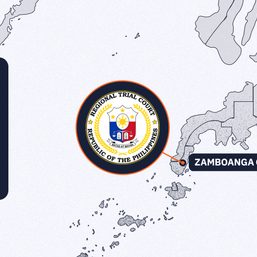
![[Rappler’s Best] No rest for the wicked](https://www.rappler.com/tachyon/2024/03/newsletter-2.jpg?resize=257%2C257&crop=402px%2C0px%2C1080px%2C1080px)
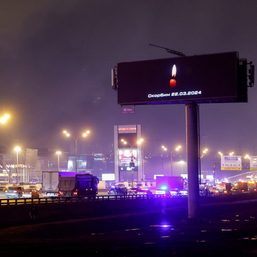
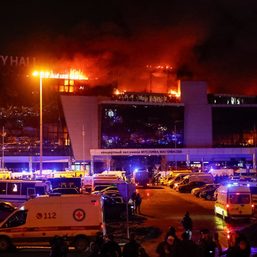
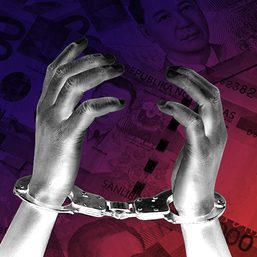
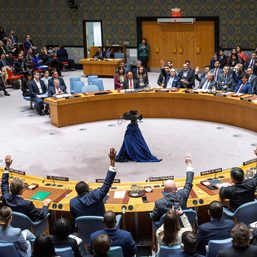


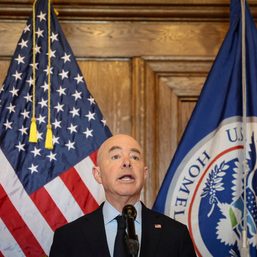
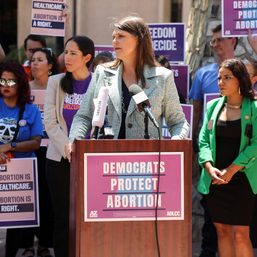
There are no comments yet. Add your comment to start the conversation.